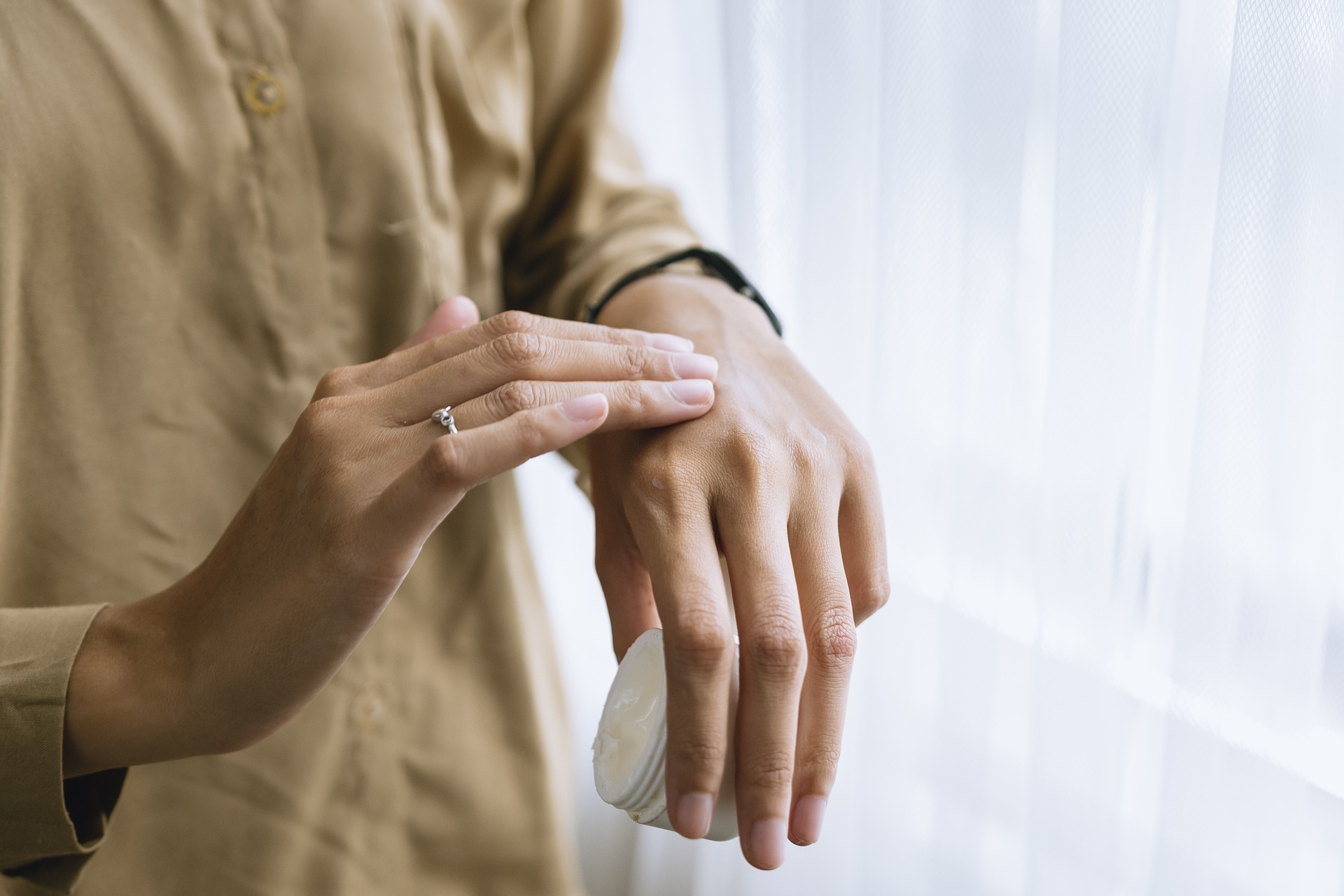Itching skin, also known as pruritus, is a common condition that affects many people at various points in their lives. It can range from a minor annoyance to a severe, debilitating problem. Understanding the causes, symptoms, and treatments of itching skin is essential for effective management and prevention.
What is Itching Skin?
Itching skin is characterized by an uncomfortable sensation that provokes a desire to scratch. This condition can be localized to a specific area or generalized, affecting multiple parts of the body. Itching skin can arise due to a multitude of reasons, including dry skin, allergies, infections, or internal diseases.
Itching Skin vs. Rash: Understanding the Difference
While itching skin and rashes are often related, they are not the same:
-
Itching Skin: Refers to the sensation that causes the urge to scratch.
-
Rash: A visible change in the skin's texture or color, often accompanied by itching but can also occur without it.
Causes of Itching Skin
There are numerous potential causes for itching skin, including but not limited to:
-
Dry Skin: Often caused by environmental factors such as cold weather, low humidity, or excessive bathing.
-
Allergic Reactions: To foods, medications, or substances like latex or nickel.
-
Skin Conditions: Such as eczema, psoriasis, or hives.
-
Infections: Bacterial, fungal, or parasitic infections can lead to itching.
-
Systemic Diseases: Conditions like liver disease, kidney failure, and diabetes.
-
Psychological Factors: Stress and anxiety can exacerbate or even cause itching.
Symptoms and Treatment of Itching Skin
Symptoms
The severity and nature of itching skin can vary:
-
Mild: A slight, intermittent itch that is more of an annoyance.
-
Moderate: Persistent itching that may cause discomfort and affect daily activities.
-
Severe: Intense itching that leads to scratching, potentially causing skin damage and secondary infections.
Treatment Methods
The treatment for itching skin depends on its underlying cause:
-
Moisturizers: For dry skin, regular use of moisturizers can provide relief.
-
Antihistamines: Effective for allergies and some skin conditions.
-
Topical Steroids: Used for inflammatory skin conditions like eczema.
-
Antibiotics or Anti-fungal Medications: For bacterial or fungal infections.
-
Cooling Treatments: Such as calamine lotion or menthol creams to soothe the skin.
-
Phototherapy: In cases of severe itching due to conditions like psoriasis.
FAQs
What should I do if my itching skin doesn't improve with over-the-counter treatments?
If your itching persists despite using over-the-counter treatments, consult a healthcare professional. Persistent itching can be a sign of an underlying condition that requires medical intervention.
Can stress cause itching skin?
Yes, stress and anxiety can exacerbate or even cause itching. Managing stress through relaxation techniques and therapy can help alleviate symptoms.
Is itching skin more common in certain age groups?
Itching skin can affect individuals of all ages but is more common in older adults due to the natural aging process leading to drier skin.
Consequences of Untreated Itching Skin
If itching skin is not treated promptly, it can lead to several complications:
-
Skin Damage: Continuous scratching can break the skin, leading to wounds and infections.
-
Sleep Disturbances: Severe itching can interfere with sleep, causing fatigue and impacting overall health.
-
Quality of Life: Chronic itching can affect mental health, leading to anxiety and depression.
Factors that Aggravate Itching Skin
Certain factors can worsen itching skin:
-
Heat and Sweat: Can exacerbate conditions like eczema.
-
Certain Fabrics: Wool and synthetic materials can irritate the skin.
-
Harsh Soaps and Detergents: Can strip the skin of natural oils, leading to dryness.
-
Stress: Can increase the sensation of itching.
How to Get Rid of Dry Itchy Skin
To alleviate and prevent dry itchy skin, consider the following steps:
-
Stay Hydrated: Drink plenty of water to maintain skin hydration.
-
Use Gentle Skincare Products: Avoid products with harsh chemicals.
-
Moisturize Regularly: Use emollients and moisturizers, especially after bathing.
-
Maintain a Humid Environment: Use a humidifier during dry seasons.
-
Avoid Hot Showers: Opt for lukewarm water to prevent drying out the skin.
Chart Analysis on Itching Skin Prevalence in the U.S.
Annual Prevalence of Itching Skin and Related Conditions in the U.S. (2021-2024)
|
Year
|
Total Cases (in millions)
|
Age Group 0-18
|
Age Group 19-64
|
Age Group 65+
|
|
2021
|
50
|
10
|
30
|
10
|
|
2022
|
52
|
11
|
31
|
10
|
|
2023
|
54
|
12
|
32
|
10
|
|
2024
|
56
|
12
|
33
|
11
|
Source: American Academy of Dermatology, National Institute of Health
References
-
-
-

